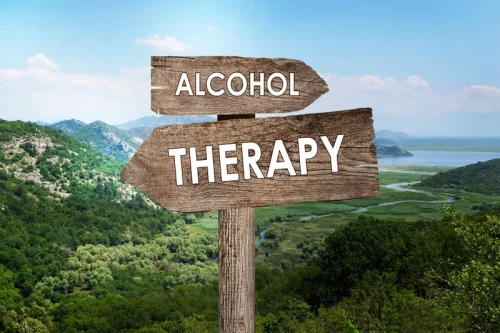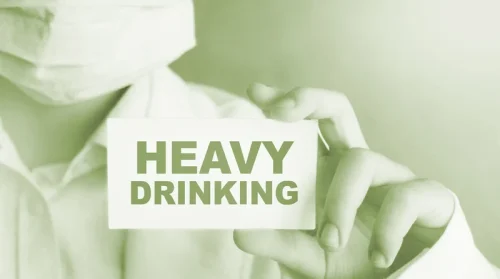
You’re telling them that drinking is more important than your relationship with them, or you are unable to change due to addiction. Alcohol can have wild effects on people’s behavior, and, as we just read, some people are wired to look for a fight when they drink. Trauma victims may express their trauma through anger, but this might not be apparent when they aren’t drinking. Alcohol can bring that out in people, explaining how otherwise calm people become nightmarish drunks. Perceiving other people’s behaviors negatively and overreacting to situations. People who exhibit high levels of impulsivity may also struggle with self-control and trouble keeping their anger in check when drinking.
- The Fight Club star spent years struggling with alcohol before Cooper helped him get sober.
- As individuals continue to drink alcohol over time, progressive changes may occur in the structure and function of their brains.
- While love alone can’t fix the problem, there are things you can do to support your loved one while protecting your own well-being.
- Family members go about their days—and years—confused and frustrated, wondering why the person has been so mean.
Stages of Alcoholism
Either because of recurring episodes involving violence, anger, or arrests for alcohol-related crimes, loved ones may want to consider an intervention to get through to the individual who is chronically using alcohol. Intervention specialists can help plan an event to help convince your loved one that it is time for treatment. With these studies comes a greater understanding of the dangers of alcohol. Today’s professionals involved in the treatment of drug and alcohol use disorders are better prepared to treat these issues in a rehab setting.
Cognitive Behavioral Therapy
No matter your background or expertise, your loved one will likely need outside help. If your loved one has become addicted to alcohol, however, their brain chemistry may have changed to the point that they are completely surprised by some of the choices they make. Again, it’s more like a codependent relationship with the bottle in which they cannot leave but it kills them to stay.
How to Find Social Activities That Don’t Involve Social Drinking

Sometimes that intensity manifests in aggression and picking fights (verbal and physical). Sensation-seeking refers to the desire for novel, intense, and thrilling experiences. There are limits to how much you can take from an alcoholic spouse or partner, no matter which partner we’re talking about. As the drunk players played, they got more aggressive than the sober players. Australian researchers recruited 50 healthy men ages 18 to 30 to play an aggression-inducing game in an MRI scanner.
- Although they are still drinking, they’ve likely begun telling friends and family members about their plan to change their behavior — but they may still feel some ambivalence about their choice.
- In fact, drinking too much can not only cause lasting physical damage but can leave behind deep emotional scars, too.
- If called out, they will insist that they don’t have a problem, because acknowledging this root issue is too scary, shameful, painful, or overwhelming.
The Cycle of Recovery from Alcoholism
It’s probably not news to anyone that alcohol can change your personality. Addiction professionals on standby 24/7 to help you with any questions you or a loved one may have. Once you have distanced yourself and why are alcoholics mean when sober been consistent in showing them that you will not put up with their bad behavior, you can support them from afar by telling them you will help them in their recovery.
Don’t Accept Unacceptable Behavior

Having someone close to you, whether it is a friend, a romantic partner, a family member, or even a parent who struggles with addiction, is challenging.

